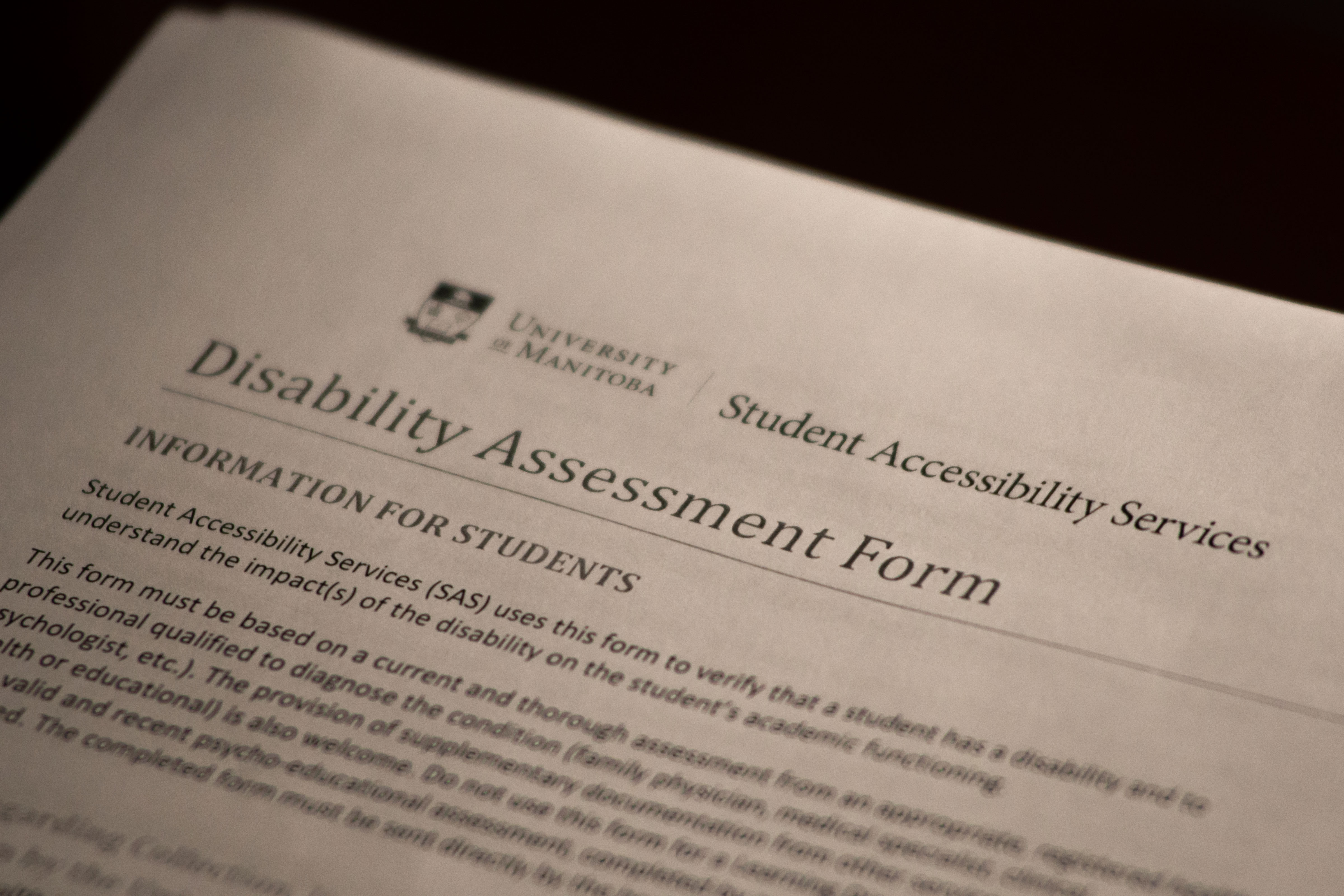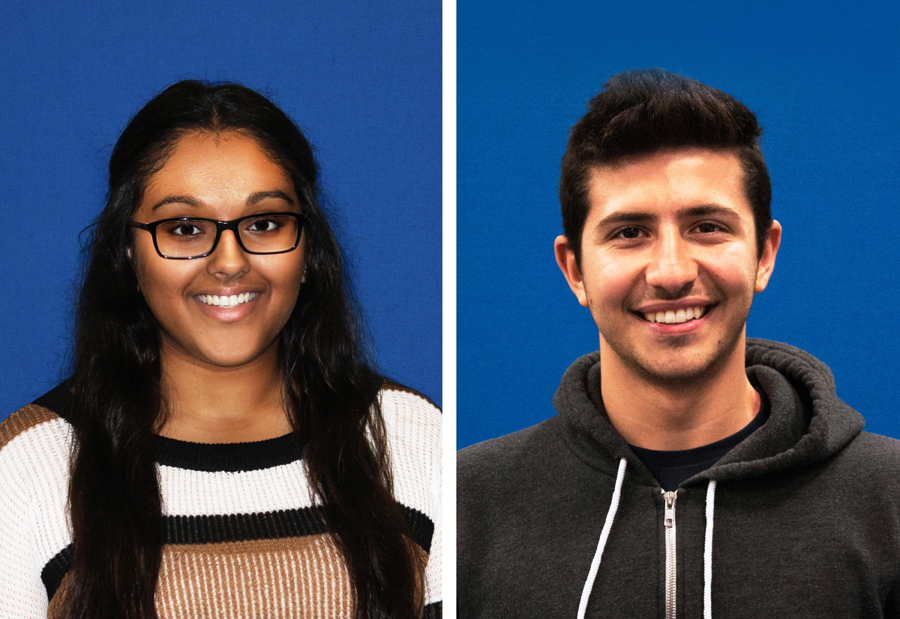The importance of accessibility remains a priority for those at Student Accessibility Services (SAS), even amid the COVID-19 pandemic. With the U of M deciding to deliver the winter term remotely, students have had to accept changes to their routines and learning. Not every student can thrive in an online classroom. For students with disabilities attending the U of M, that can be especially true.
One student support continuing to deliver services — despite the chaos wrought by COVID-19 — is SAS.
SAS is a student service that provides, according to its website, “support and advocacy for students with disabilities such as hearing, injury-related, learning, mental health, medical, physical, visual or temporary disabilities.” It provides supports such as a note-taking program, an academic assistant/attendant program and a transcription program.
Campus services have had to make substantial changes to the delivery of programs due to COVID-19. However, Shanda Vitt, the senior accessibility co-ordinator at SAS, said the transition to remote services has been “going pretty smoothly.”
Current students can email co-ordinators directly, call the SAS front desk or book appointments through JUMP, Vitt said.
“We’re still open Monday to Friday 8:30 [a.m.] to 4:30 [p.m.], somebody is answering our phones, we have email,” Vitt said.
“You’re going to talk to a person, not an answering machine when you call us.”
Vitt said SAS has more than 1,800 students currently registered with the office.
According to Vitt, registration volumes with SAS regularly fluctuate, but numbers have been climbing lately.
“I can’t say for sure whether our increase this year is specifically related to the pandemic, it may have gone up regardless of [the] pandemic, so I couldn’t say ‘Yup, definitely we increased because of the pandemic.’”
With courses having largely shifted to remote delivery, remote learning changes have been delivered in the form of ASL-English interpreters, transcriptionists, notetakers and academic attendants attending virtual class with students in order to support them.
SAS is also continuing to aid instructors and students in arranging accessibility accommodations for exams and tests.
Vitt encouraged students to reach out to SAS with concerns they may have about their learning.
“If students are having additional difficulties or struggles or challenges that they were not experiencing prior to the pandemic, and they’re not really sure what supports [we have] or how we might be able to help them, I would say contact us,” she said.
“Contact us as soon as you can, and we can have those conversations.”
“We understand for sure that the pandemic has impacted a lot of people in terms of mental health and well-being, and we’re certainly here to support students, obviously not just students with mental health difficulties but any student with a disability.”





